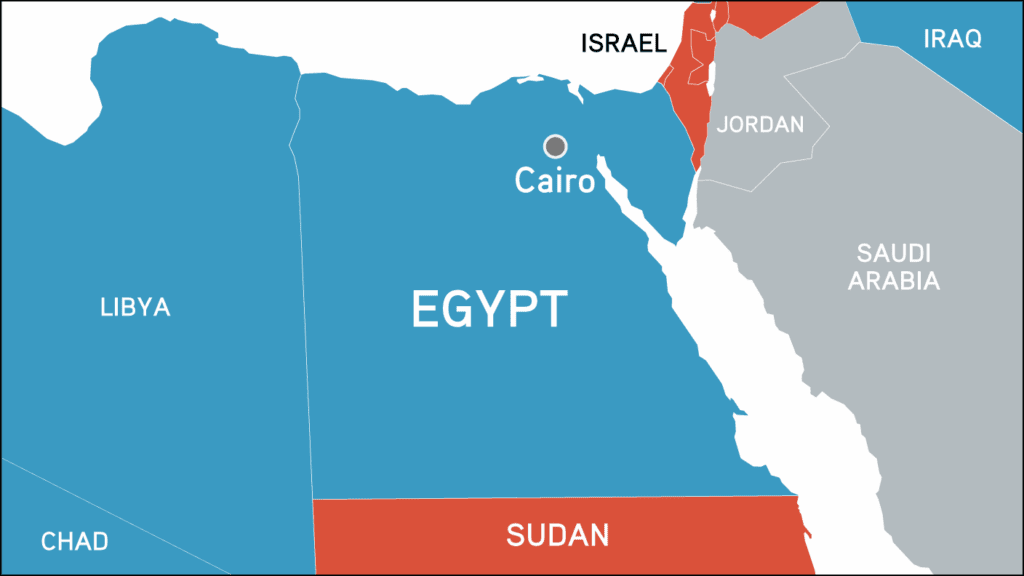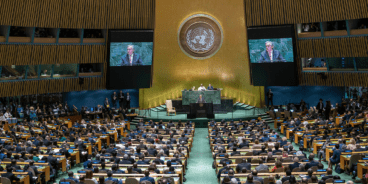Egypt

Amidst political unrest during 2013 Egyptian security forces perpetrated widespread abuses against civilians that may amount to crimes against humanity. The so-called Islamic State of Iraq and the Levant has also threatened religious minorities throughout Egypt.
On 14 August 2013, after weeks of political turmoil following a military coup against former President Mohamed Morsi, security forces in Egypt used disproportionate and deadly force to remove pro-Morsi demonstrators in Cairo. Over 800 people were killed by security forces as they cleared sit-in sites outside the Rabaa al-Adawiya mosque and in Nahda Square. In the following weeks reprisal clashes between the security forces and supporters and opponents of the Muslim Brotherhood resulted in over 900 people killed and 6,000 injured throughout the country.
Egyptian security forces have routinely engaged in patterns of torture, arbitrary detention, enforced disappearances and other human rights abuses. Complaints of torture and other abuses were partially responsible for the 2011 revolution that unseated longtime dictator Hosni Mubarak from power and paved the way for Morsi’s election. Under Egypt’s current President, Abdel Fattah el-Sisi, security forces have continued to perpetrate widespread abuses that may amount to crimes against humanity. Since 2013 security forces have arrested tens of thousands of people and forcibly disappeared countless others, primarily targeting supporters of former President Morsi and the Muslim Brotherhood. Security forces have also been accused of systematically arresting, torturing and perpetrating sexual violence against members or supporters of the LGBTQIA+ community.
Attacks on religious minorities in Egypt also significantly increased in 2017. The so-called Islamic State of Iraq and the Levant (ISIL) has incited violence against Coptic Christian and Sufi communities and has claimed responsibility for targeted attacks on worshippers. The deadliest attack on Coptic Christians took place on 9 April 2017, Palm Sunday, at two churches in the cities of Tanta and Alexandria, when two suicide bombers killed 49 people. On 24 November 2017 armed militants stormed al-Rawdah Sufi Mosque near Bir al-Abed in the Sinai, killing 305 worshippers, including 27 children. No group claimed responsibility for the attack, but the Egyptian chief prosecutor stated attackers were seen carrying ISIL flags and the incident occurred after ISIL released a publication stating their intent to “eradicate” Sufi beliefs from Egypt.
Human Rights Watch has also detailed abuses committed by ISIL’s Sinai affiliate against the local population, including kidnapping and execution of civilians, indiscriminate attacks and forced displacement. Meanwhile, the government has been accused of abuses against civilians in the Sinai, including carrying out systematic and widespread arbitrary arrests, enforced disappearances, torture and extrajudicial killings. Government forces have also razed or blocked access to farmland, demolished thousands of homes and forcibly evicted tens of thousands of civilians in North Sinai due to “security concerns.”
The Egyptian government bears the primary responsibility to protect populations within its territory and must increase efforts to protect minority populations from attacks by ISIL and other armed extremist groups. The government must also ensure that its security forces consistently uphold their obligations under international human rights law, including those at the highest level accountable for grave abuses.
